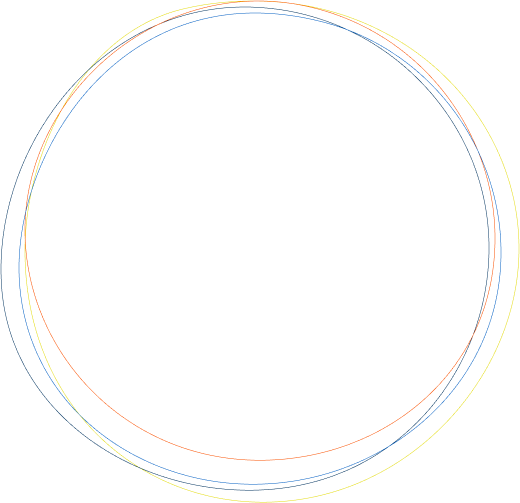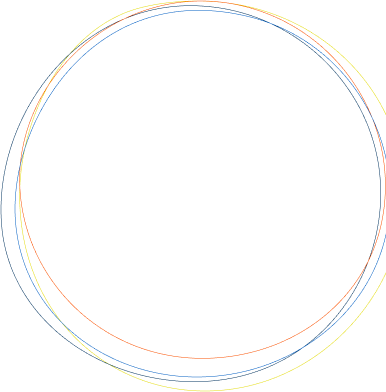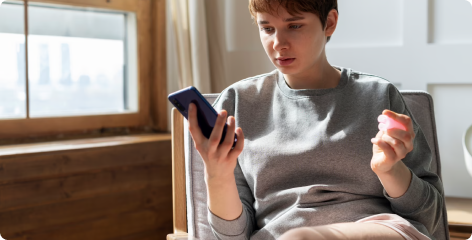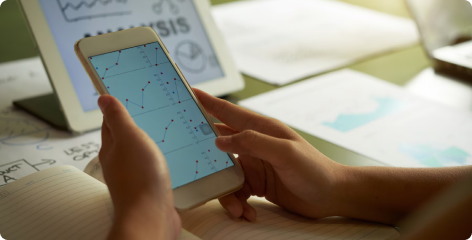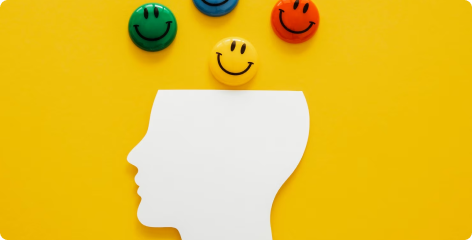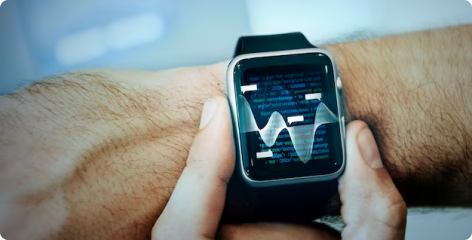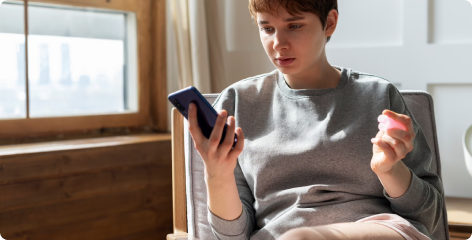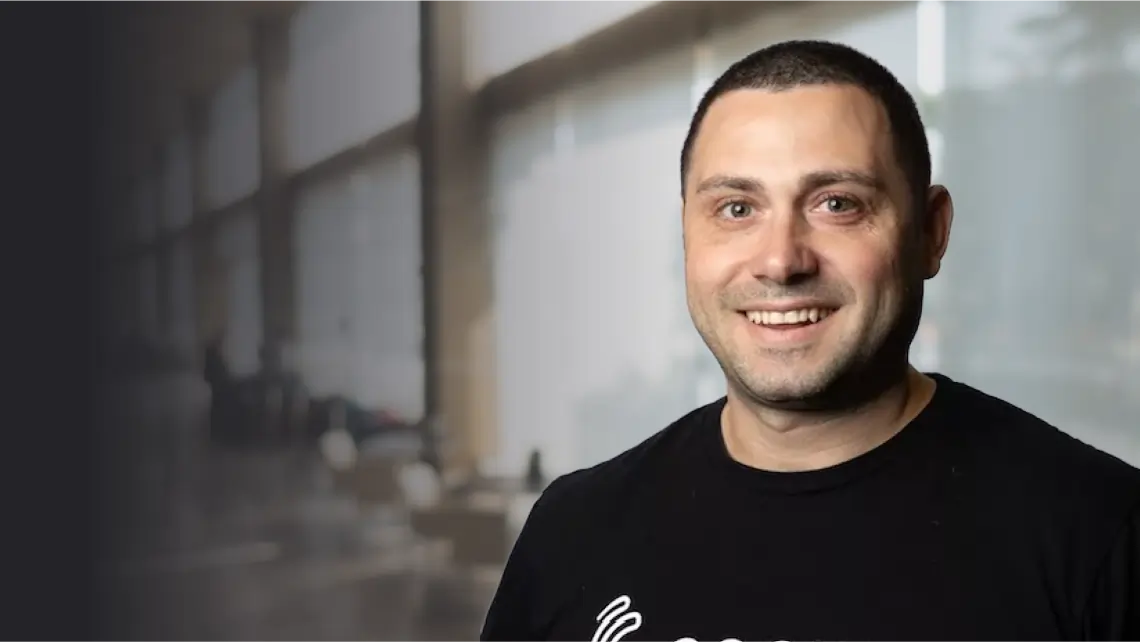Core Features of Mental Health Apps that We Implement
At Devico, we specialize in custom mental health app development, which means the final list of features depends on the specifics of a particular project and the client’s needs. However, there are some features that we generally recommend considering:
Self-monitoring
Keeping track of one's mental state is crucial for recovery. Mental health apps allow users to log emotions into an in-built diary, uncover behavioral patterns, and keep track of habits. This helps users better understand their own conditions and needs, and identify patterns or triggers that may affect their well-being.
Notifications & Reminders
Informative notifications can keep users updated about upcoming doctor appointments, medication intake, self-care sessions, and other in-app activities. This feature helps users adhere to their treatment plans and supports them in managing their mental health concerns.
Text Chat & Video Consultations
Text chats and video calls play an important role in mental health apps. For users, it's essential to know that they can get the necessary advice or consultation immediately when emotions are running high or certain questions arise. Communication channels are not only needed in case of emergencies but also for pre-scheduled video consultations with a doctor.
On-Demand Video/Audio Content
Mental health apps frequently offer on-demand video or audio content. This could include guided meditations, breathing exercises, or other educational materials that help users better comprehend their issues and find effective ways to address them.
Gamification
Gamification elements can significantly enhance the effectiveness of some mental health apps. Features such as rewards, challenges, or point systems can motivate users and engage them in managing their mental health. This element reminds patients that they are primarily responsible for their health. Moreover, incorporating mini-games that improve cognitive skills and emotional conditions can add an element of fun to mental care and increase user loyalty.
Emergency Support
For some mental health solutions, emergency support is a critical feature. It could include access to crisis hotlines or emergency services used in case of urgent mental health concerns. It works similarly to a security emergency button: as soon as a patient presses a button in the app, doctors receive an emergency notification of an urgent call.
Support Communities
Being part of a supportive community has a positive impact on therapy. A person with a mental disorder may feel especially isolated and depressed. Therefore, it's beneficial to create safe environments like anonymized forums or chats where app users can support and encourage each other.
Intelligent Calendar
With an intelligent calendar, patients and doctors can efficiently schedule and manage their activities and receive timely notifications. It facilitates scheduling video consultations, medication intakes, self-care practices, etc., providing users with a comprehensive treatment plan.
Treatment Plan Dashboard
A mental health app is not only a tool for tracking patients' conditions but also for making adjustments to treatment. Doctors use a dashboard to see the big picture, including specific goals, self-care activities, and evidence-based treatment options. All related data is in one place, making it easier to make the right decisions and adjust a treatment course if needed.
Journaling
Journaling is one of the most effective techniques for tracking emotions and thoughts, which can help users better understand themselves. This way, users can identify the triggers that affect their behavior and well-being.
Medication Tracker
This feature is essential as it helps app users strictly adhere to prescribed treatment. It is used to monitor and manage patients' medication intake continuously. Patients receive notifications to take medication on time, while healthcare professionals are informed whether patients have taken their pills.
